Project Funding Breathes New Life into Monitoring Greenland's Seafloor
23.11.2023The Greenland Climate Research Centre and the Greenland Institute of Natural Resources have received funding of DKK 17.2 million for ..
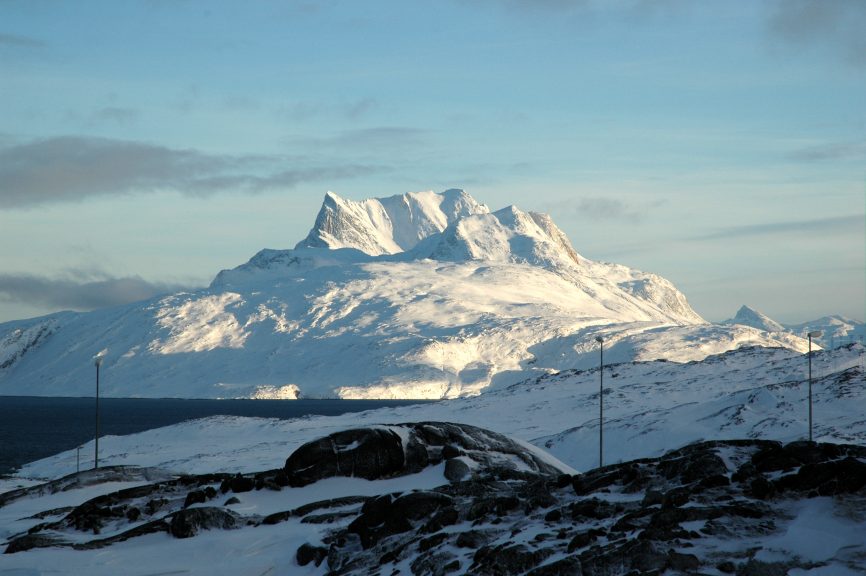
To apply for courses in the Arctic Science Study Programme (ASSP), please complete the “Student Information” form below. After submitting the completed form you will receive an e-mail with details on how to proceed with register for the courses and other practical information.
The ASSP offers graduate (masters) and PhD level courses. The courses in spring form one full semester (30 ECTS). Applicants applying for a full semester are given priority, however, it is possible to apply for single courses. You can find more information about the courses under Arctic Science Study Programme (ASSP).
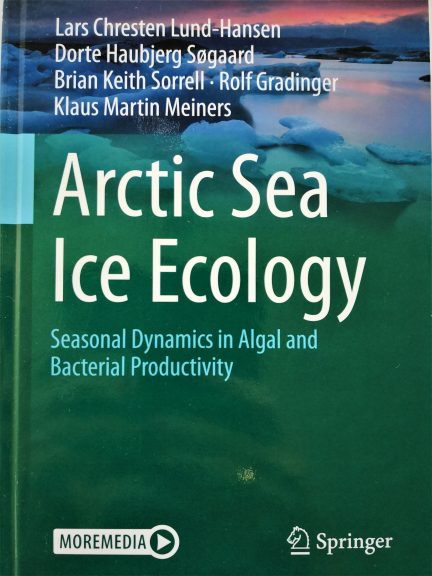
The book on sea ice ecology is the ecology of sea ice algae and other microorganism as
bacteria, meiofauna, and viruses residing inside or at the bottom of the sea ice, called the
sympagic biota. Organisms as seals, fish, birds, and Polar bears relies on sea ice but are not
part of this biota. A distinct feature of this ecosystem, is the disappearance (melt) every
summer and re-establishing in autumn and winter. The book is organized seasonally describing
the physical, optical, biological, and geochemical conditions typical of the seasons: autumn,
winter, and spring. These are exemplified with case studies based on author’s fieldwork in
Greenland, the Arctic Ocean, and Antarctica but focused on Arctic conditions. The sea ice
ecosystem is described in the context of climate change, interests, and effects of a decreasing
summer ice extent in the Arctic Ocean. The book contains an up to date description of most
relevant methods and techniques applied in sea ice ecology research. This book will appeal to
university students at Masters or PhD levels reading biology, geosciences, and chemistry.
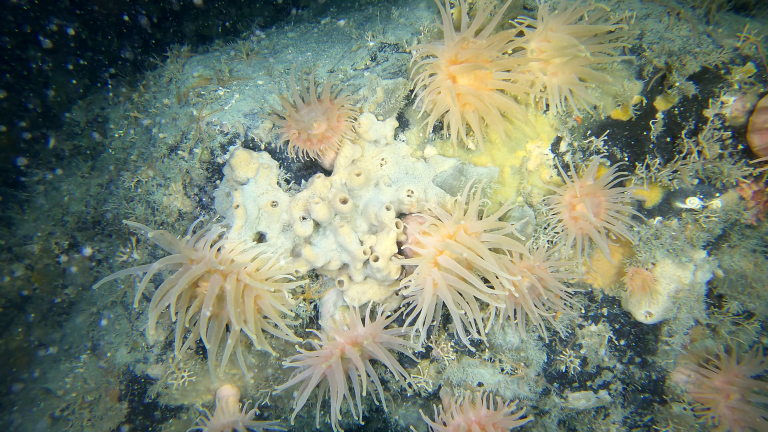
The Greenland Climate Research Centre and the Greenland Institute of Natural Resources have received funding of DKK 17.2 million for ..
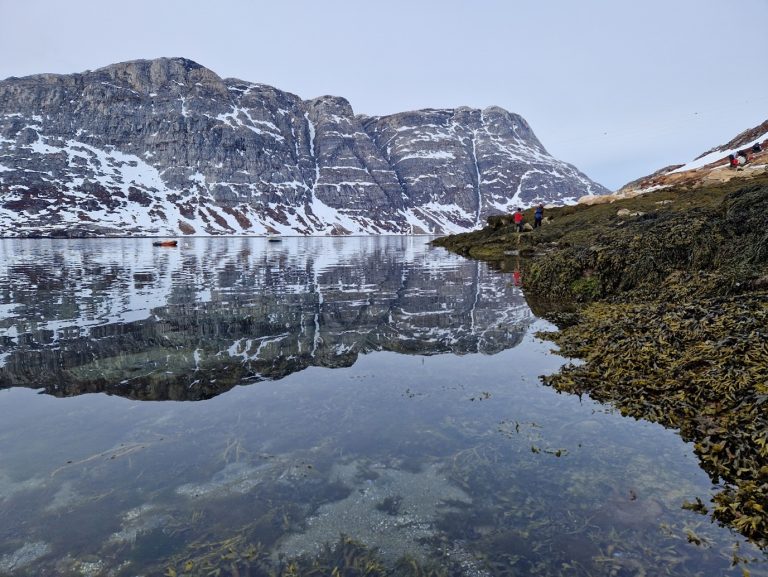
Macroalgae or seaweed are dominating rocky coastlines globally. Even here in Greenland, we can see small kelp such as the ..
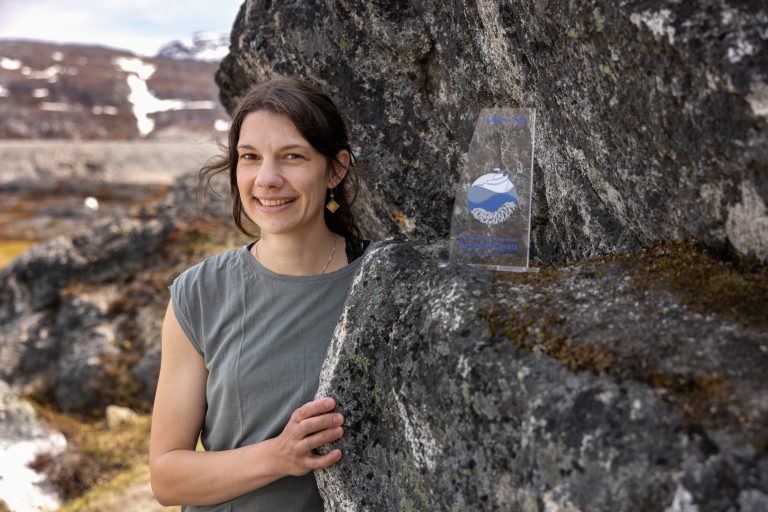
The dark, cold deep sea harbors many unseen treasures, one of which is corals that most people only associate with ..